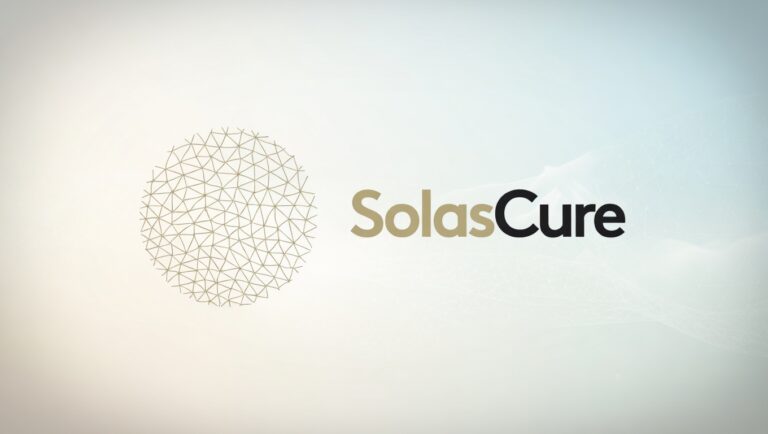
Bristol Myers Squibb (NYSE: BMY) has announced that the European Medicines Agency (EMA) has validated its Type II variation application for Opdivo® (nivolumab) plus Yervoy® (ipilimumab) as a potential first-line treatment for adults with unresectable or advanced hepatocellular carcinoma (HCC) who have not previously received systemic therapy. This validation confirms the completeness of the submission and initiates the EMA’s centralized procedure review.
Hepatocellular carcinoma (HCC) is the predominant form of liver cancer, with approximately 62,000 new cases diagnosed annually in the European Union. Despite recent advancements, outcomes for patients in advanced stages remain challenging, underscoring the urgent need for more effective therapies.
Dr. Dana Walker, Vice President, Global Program Lead, Gastrointestinal and Genitourinary Cancers at Bristol Myers Squibb, emphasized, “We look forward to collaborating with the EMA to progress our application for Opdivo plus Yervoy. This dual immunotherapy combination could provide a promising new treatment option for adult patients with unresectable or advanced hepatocellular carcinoma in the European Union.”
The Phase 3 CheckMate -9DW trial demonstrated that Opdivo plus Yervoy significantly improved overall survival compared to current standard treatments for patients receiving first-line therapy. The safety profile of the combination remained consistent with previous findings, with manageable side effects and no new safety concerns identified.
The trial enrolled approximately 668 patients who were randomized to receive either Opdivo plus Yervoy or standard oral treatments. The primary endpoint of the trial was overall survival, with secondary endpoints including objective response rate and time to symptom deterioration.
Liver cancer, particularly HCC, ranks as the third leading cause of cancer-related deaths globally. The disease is frequently diagnosed at advanced stages when treatment options are limited and outcomes are poor. Factors contributing to HCC include hepatitis B and C infections, as well as metabolic conditions such as nonalcoholic steatohepatitis (NASH).
Bristol Myers Squibb remains committed to advancing cancer care through innovative research and personalized medicine. Their ongoing efforts aim to transform the lives of patients by delivering treatments that offer improved outcomes and a better quality of life.




